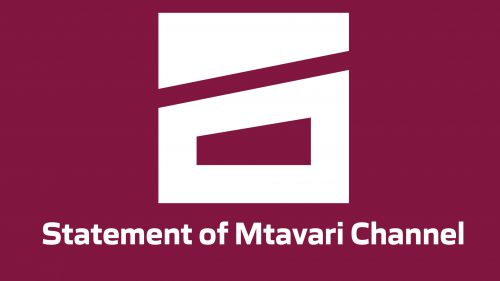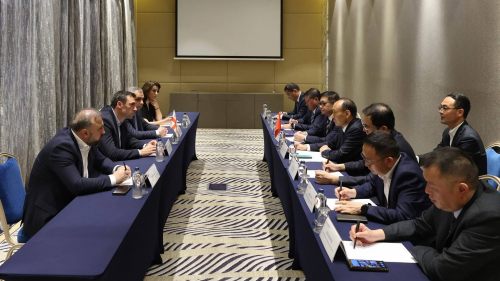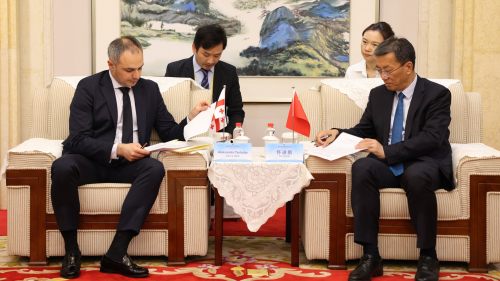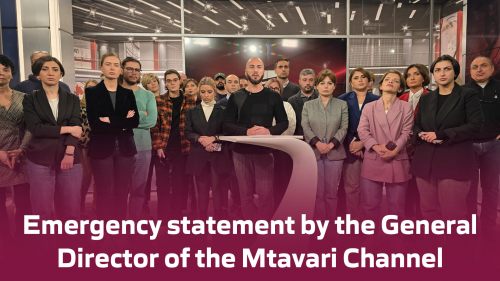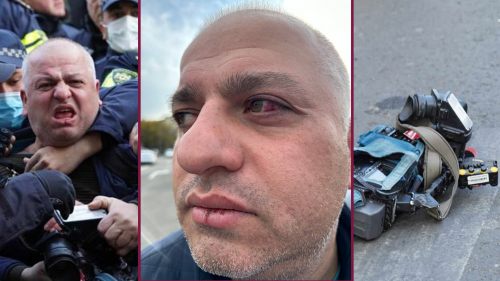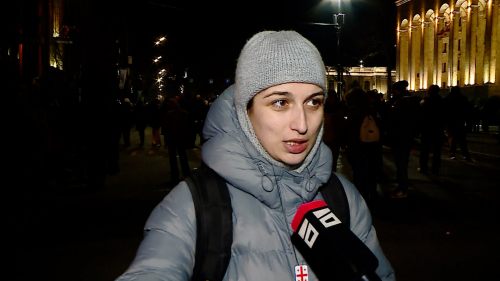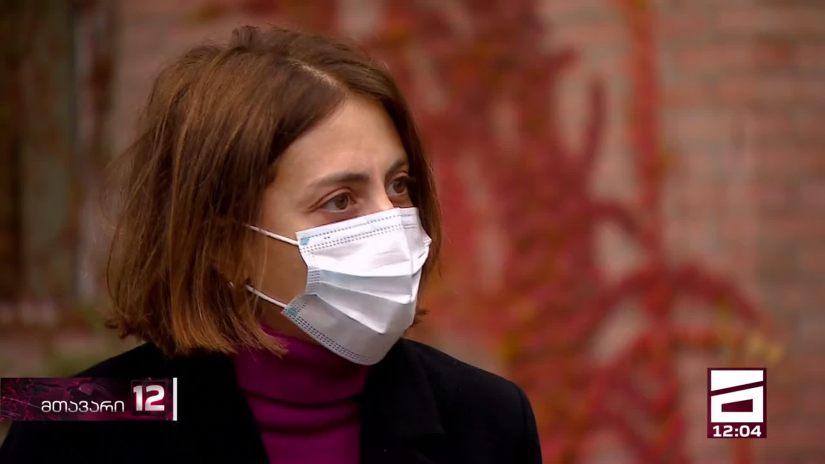
The International Society for Fair Elections and Democracy (ISFED), a non-governmental organization, has changed the results of the parallel vote tabulation in the October 31 elections. The organization claims that that during the parallel vote tabulation of the election, a fault was found in the formula for counting votes received by electoral subjects - in particular, invalid ballots were counted in addition to the votes received by electoral subjects.
After that, the organization changed the percentages, in their updated data "Georgian Dream" has 47.6%, while before the ruling team had 45.8%; The results of other parties have also changed: according to the preliminary results, the National Movement had 26.4%, now it has 27.4%; Bakradze, Ugulava, Bokeria-European Georgia-Movement for Freedom - according to preliminary data had 3.7%, now it has 3.8%.
It is noteworthy that, according to reports, the ruling team applied the organization requesting the recount and correction of the results of the districts, and the team leaders held a meeting with them a few days before the correction of the results.
"How did Kobakhidze, Mdinaradze and the Georgian Dream find out about the 1% error before the organization made a public statement about it and then decided to present the proposal to the opposition and the ambassadors? ", - says Khatia Dekanoidze, a member of the UNM.
According to her, an investigation would be launched in a normal country. Sergo Chikhladze, a member of Strategy Builder, says that everything suspiciously coincides with the government's statement about the 1% error.
"At least it raises questions, especially since there was a meeting between ISFED and members of the government. The statements, the questions about election fraud raised by the opposition, the public and other non-governmental organizations were not only based on ISFED statements only," said Sergo Chikhladze.
Recently, the current head of the organization, Elene Nizharadze, responded to the incident, noting that "they tried to follow a high standard and not turn a blind eye." Nizharadze writes that the organization has not had such a difficult period since 2012.



